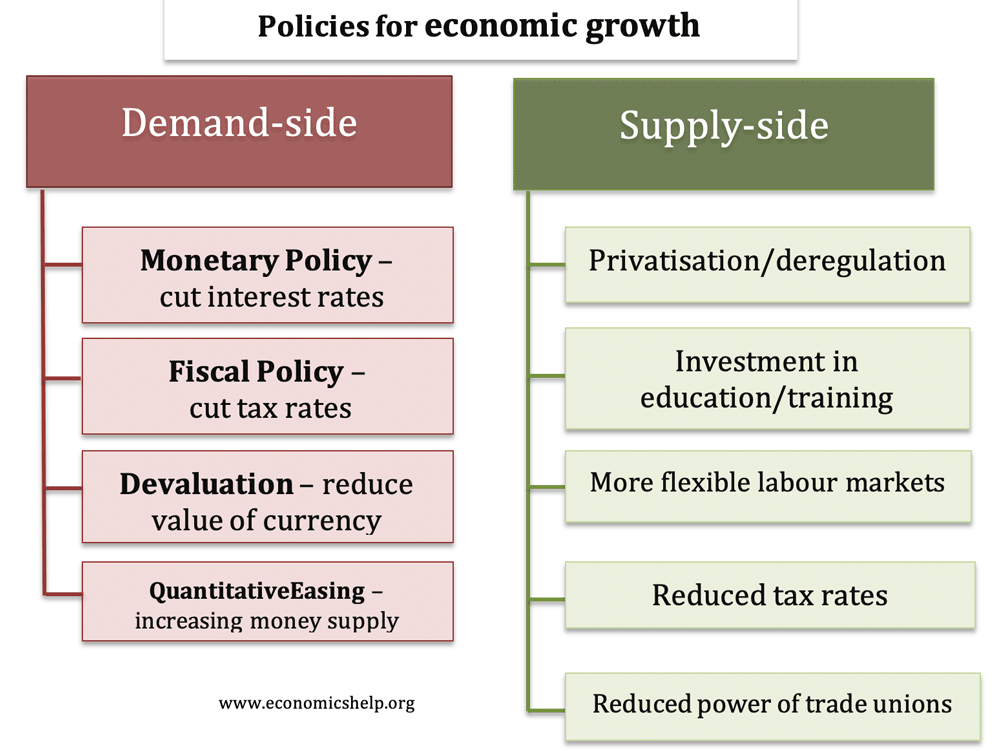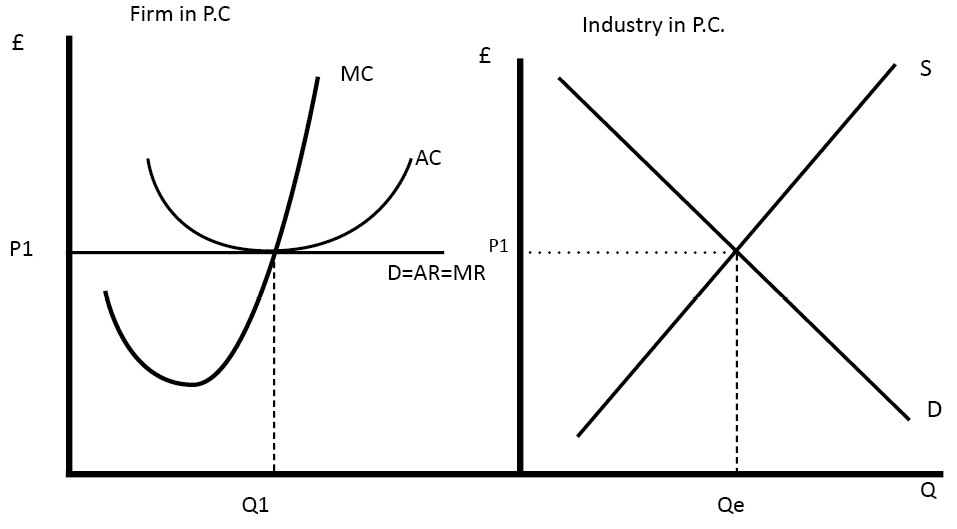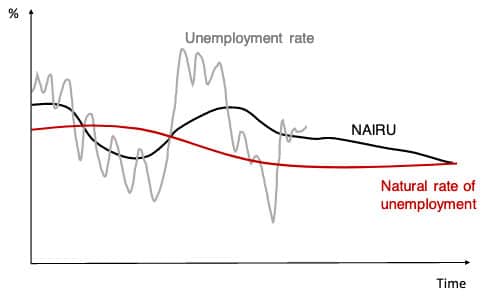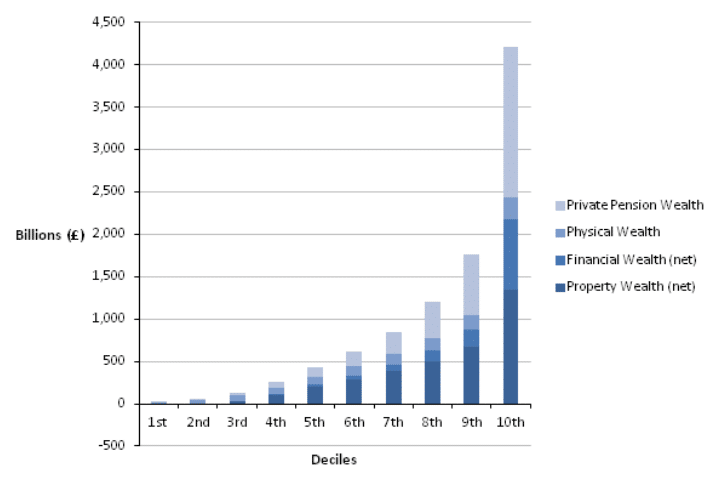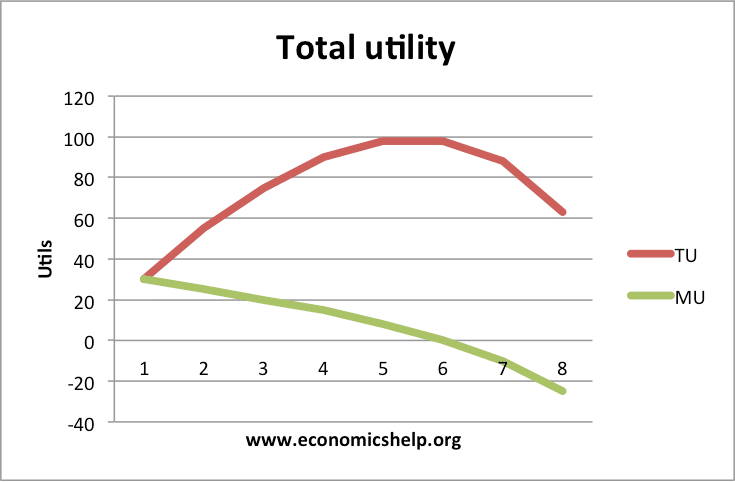Factors affecting economic growth
Economic growth is an increase in real GDP; it means an increase in the value of goods and services produced in an economy. The rate of economic growth is the annual percentage increase in real GDP. There are several factors affecting economic growth, but it is helpful to split them up into: Demand-side factors (e.g. …

